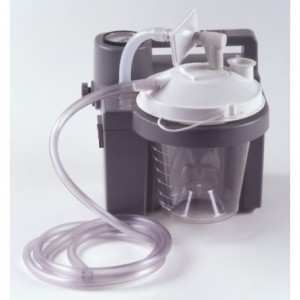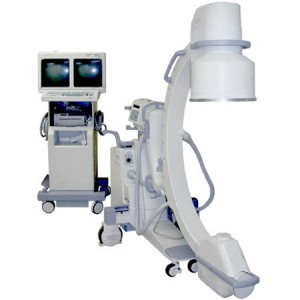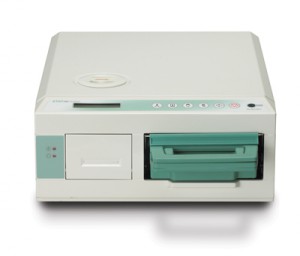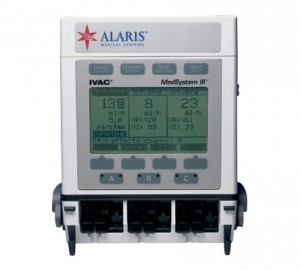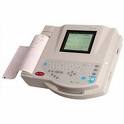Devilbliss 7305
Model: 7305
The VacuAide 7305 device is a small and lightweight portable aspirator. It is primarily used for bronchial / oral hygiene, effective airways clearance and helps to control infection.
The VacuAide is ideal for home or hospital use and meets the stringent ISO 10079-1 standards for emergency transport suction. It can be used from its internal battery or directly from the power supply and is also supplied with a 12V DC in car charger.
The 7305 VacuAide suction unit is available with either a disposable 800ml collection bottle or reusable 1200ml bottle for repeated use. Collection bottles also include an automatic float shut off features to prevent overflow of liquid into the unit.
The VacuAide 7314 and 7305 series are supplied with an additional hydrophobic filter. As a filter can become occluded through secretion or cleaning solution; having a spare filter on hand is recommended.
- Dimensions (H x W x D) : 22.9 x 17.8 x 20.3 cm
- Weight : 2.9 kg
- Vacuum Range : 80 – 550 mm Hg
- Air flow : 27 l/min.
- Internal battery run time : 60 min.
- Operating Temperature Range : 0° C – 40° C
- Electrical Requirements : 100 – 240 V AC, 50 / 60 Hz
- High performance capabilities with a vacuum range of 80 – 550 mmHg and a flow range of 0 – 27 l/min.
- Meets the stringent ISO 10079-1 standard.
- Comes complete with a rechargeable battery, 12 V DC in car charger, mains lead and carry case.
- Switch mode power supply allows operation on any AC voltage 100 V – 240 V.
- Easy to replace bacterial filter.
- Automatic float shut-off to prevent overflow into the unit
- Two bottle options available – 800ml disposable collection bottle or 1200ml re-usable bottle
- Battery fully charges in 10-17 hours and runs for 60 minutes
- Automatically recharges when connected to the power supply
- 12 V DC capability for vehicle charging
The AARC have produced the following guidelines for nasotracheal suctioning (NTS):
- Neonates: 60—80 mm Hg
- Infants: 80—100 mm Hg
- Children: 100—120 mm Hg
- Adults: 100—150 mm Hg
Negative pressures should not exceed 150 mmHg as higher pressures have been shown to cause trauma, hypoxemia and atelectasis.

